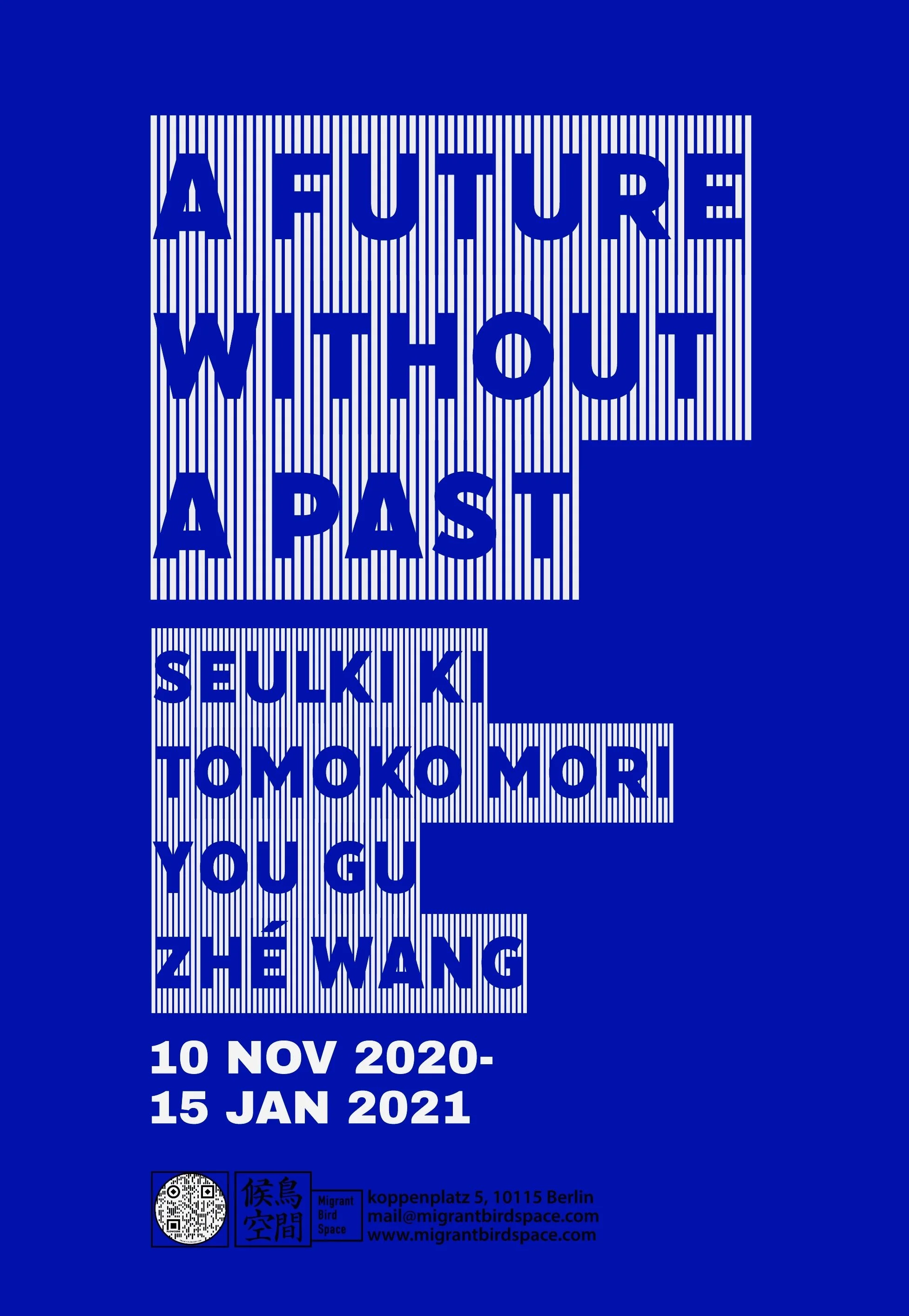The group show presents four young female Asian artists that explore concepts of identity through their artistic work. Taking a step back from the ordinary, the show invites its viewers to nurture a critical view of what brings us together and what keeps us apart. In an attempt to further the examination, the exhibition aids the viewer in positioning an awareness on questions about identity and on what terms it is of compelling importance in today’s world.
Once the practical and daily roles we assume are laid aside, the unmistakable common ground is left to be here and now. Time and space are our lifelong companions, whether we have it minute capacities and share only a small portion of it with others, or whether we reside comfortably and inattentively enveloped in it. Yet the nexus of time and space also comprises an intersectionality of nation, community, faith and social status generating a universal condition of what it is to be human. We discover the unique circumstances of our existence on both sides of an artwork as beholders as well as the makers and the artists of it. As we become conscious of our personal stance to these conditions, we also find ourselves entangled with the past, the present and the future. How we accept and relate to this dynamic and on what terms we confront and question its reality is a task, if not always apparent, widely implicated in our actions.
In search of identity, like a future without a past, the work is unfinished without the awareness of what bridges gaps or separates us in a world of ever complicated global connectedness. The task at hand is to determine our roots and to develop an understanding of our inheritence and to acknowledge the ways we build upon it. Migrant Bird Space’s upcoming show deals with these explorations and self-questioning with the premise that we can’t build a future without a past. Our four young artists accompany us with their artistic endeavors to expand the investigation and direct it towards a progressive approach, in an era where identity politics is at the foreground of global discussions.
Our Korean artist Seulki Ki and our Chinese artist You Gu tackle the questions surrounding identity through the medium of photography. You Gu is presenting her series of photos that depict the extreme features of post-Soviet memorials and landscapes with a novel technique of analogue photography development. Her works ask its viewers what it is to belong to an era where its remainders are now oblivious to us. They challenge the beholder to pin down a chronology at a place and time where the victories are over and done, but cultural implications and identifiers are at work in underhand ways. The imagery comes across as austere with its intense haptical elements, that cue feelings of nostalgia for what’s lost, as well as a certain type of confusion with its supernatural yet misplaced tendencies. Seulki Ki’s approach on the other hand, is a reconnaissance of what we consider normal and what we, in fact do not consider at all. Her works challenge its viewers with an exercise in doing and undoing and in building up a distance between what we assent to as our belongings and our actions. Changing the dynamics of photography, its subject matter, its exhibition space and the artist herself, Seulki Ki breaks down the fundamentals of what we readily take as granted.
Our Chinese artist Zhé Wang uses an array of techniques and media, through which she confronts its viewers with the seemingly invisible elements of what came to be today’s post-industrial world. Her work sparks an inner dialogue with its viewer and points out to our place among an interconnected sea of fabricated infrastructure that governs our reality. Similarly to You Gu’s work with its larger than life perspective yet in contrast to its sentimentality towards acceptance and loss, with Wang’s work the viewer is left overwhelmed with its implicated amplitude that overlooks both the critic and the visitor by questioning its validity in a world where humanity is already dependant on the agency of complex technology.
With our Japanese artist Tomoko Mori, Migrant Bird Space proudly invites the visitors to extend this discussion with a private vision. In her artistic method, Mori expands her canvas to the landscape of Berlin, an unfamiliar world far from her roots, and recreates the memory of home through a continuous inner transformation. The abstraction she employs in her paintings, inspired by coincidents out in the chaotic yet tangible world, initially goes through a digitalization before evolving into paintings, textile works and copious site specific installations. The result of this cycle of transformation between physical and digital, chance and intention is a style marked with vivid symbolicism that instinctively catches the eye and creates a whole new topography for its viewers. A topography that, with its unfolding simultaneously redefines what it is to belong and what it is to be at home. Through the layers uncovered by You Gu, Seulki Ki, Zhé Wang and Tomoko Mori’s artistic visions, the question of identity and its dialectic is provided a solid ground for further debate.

